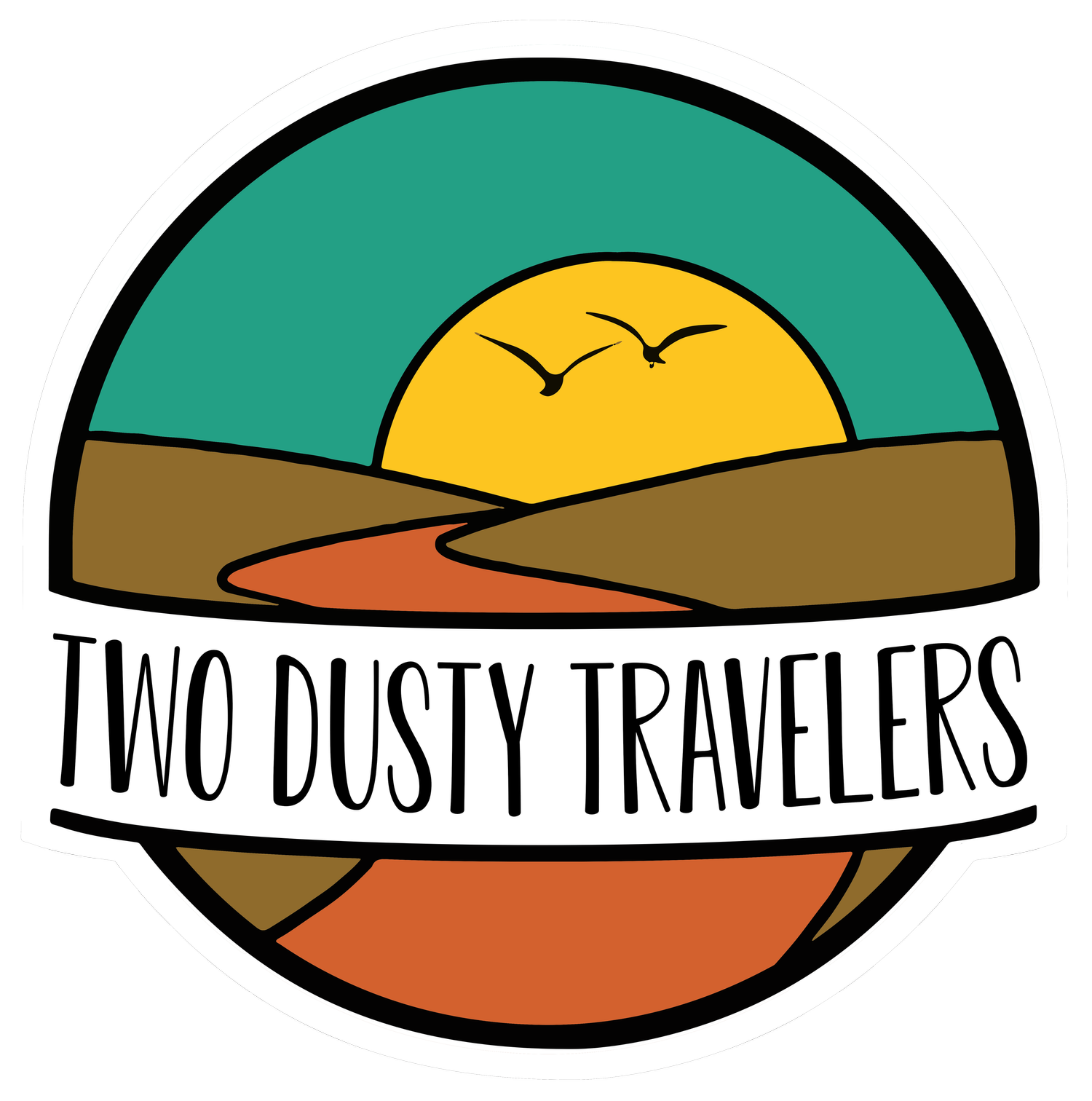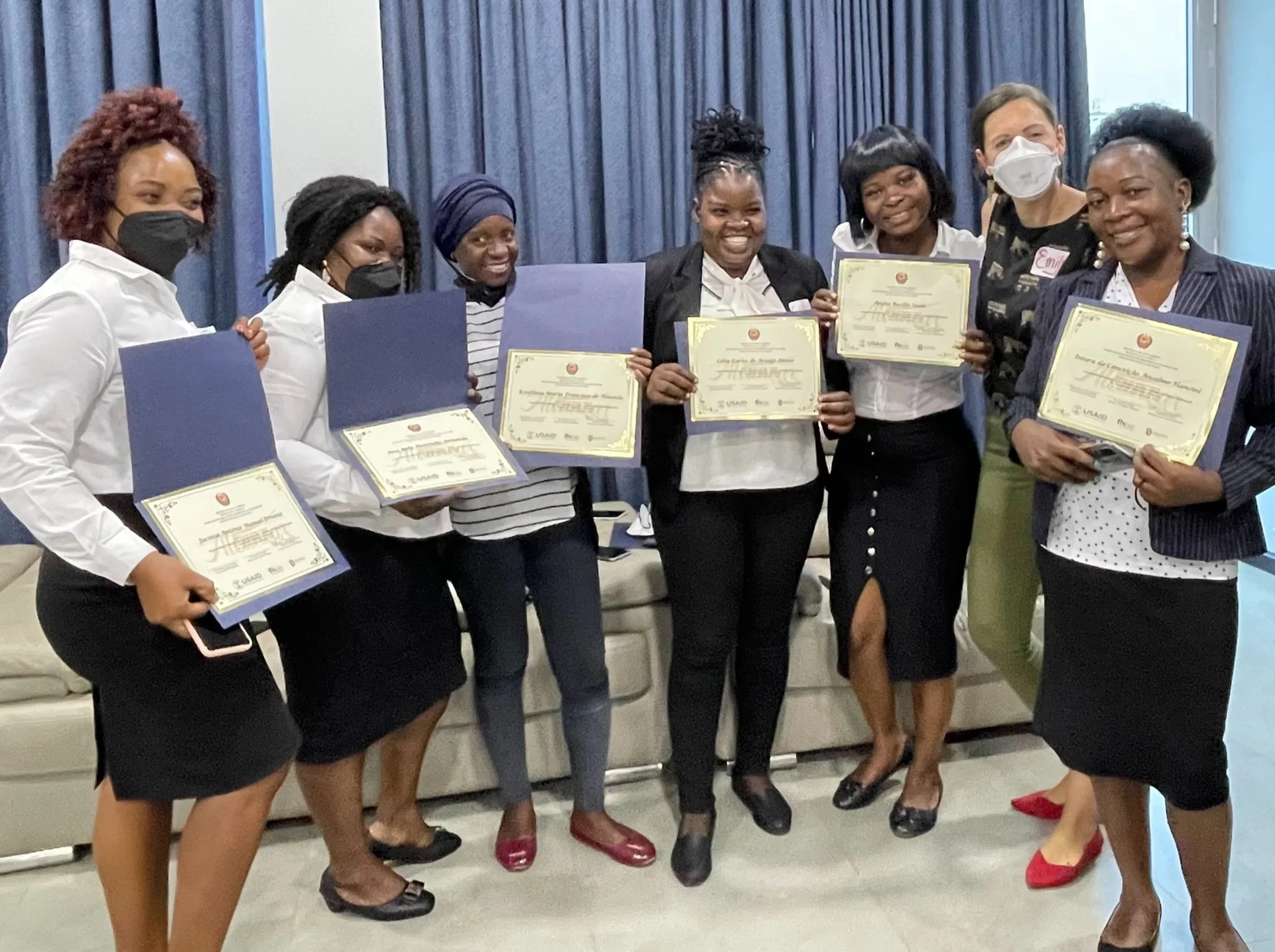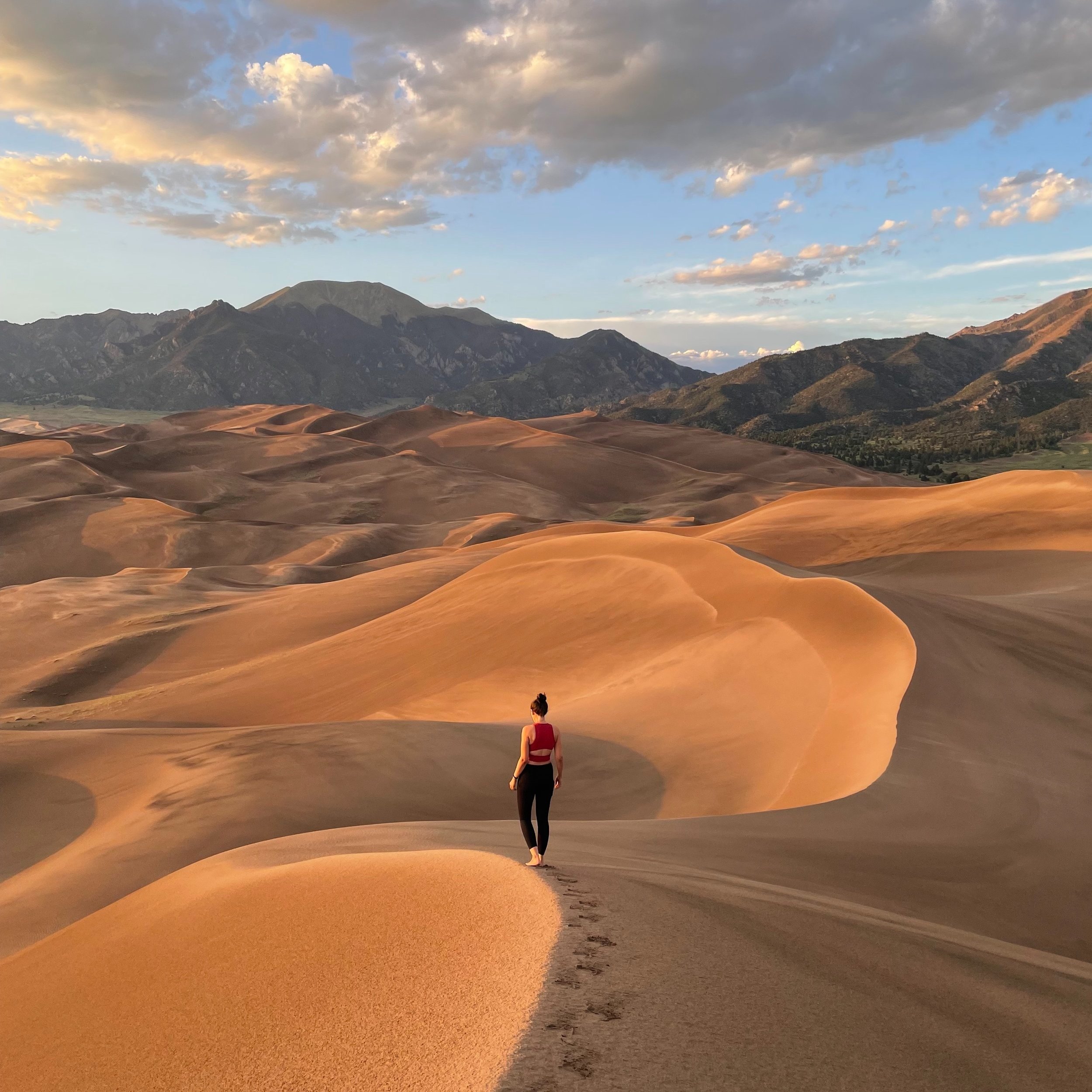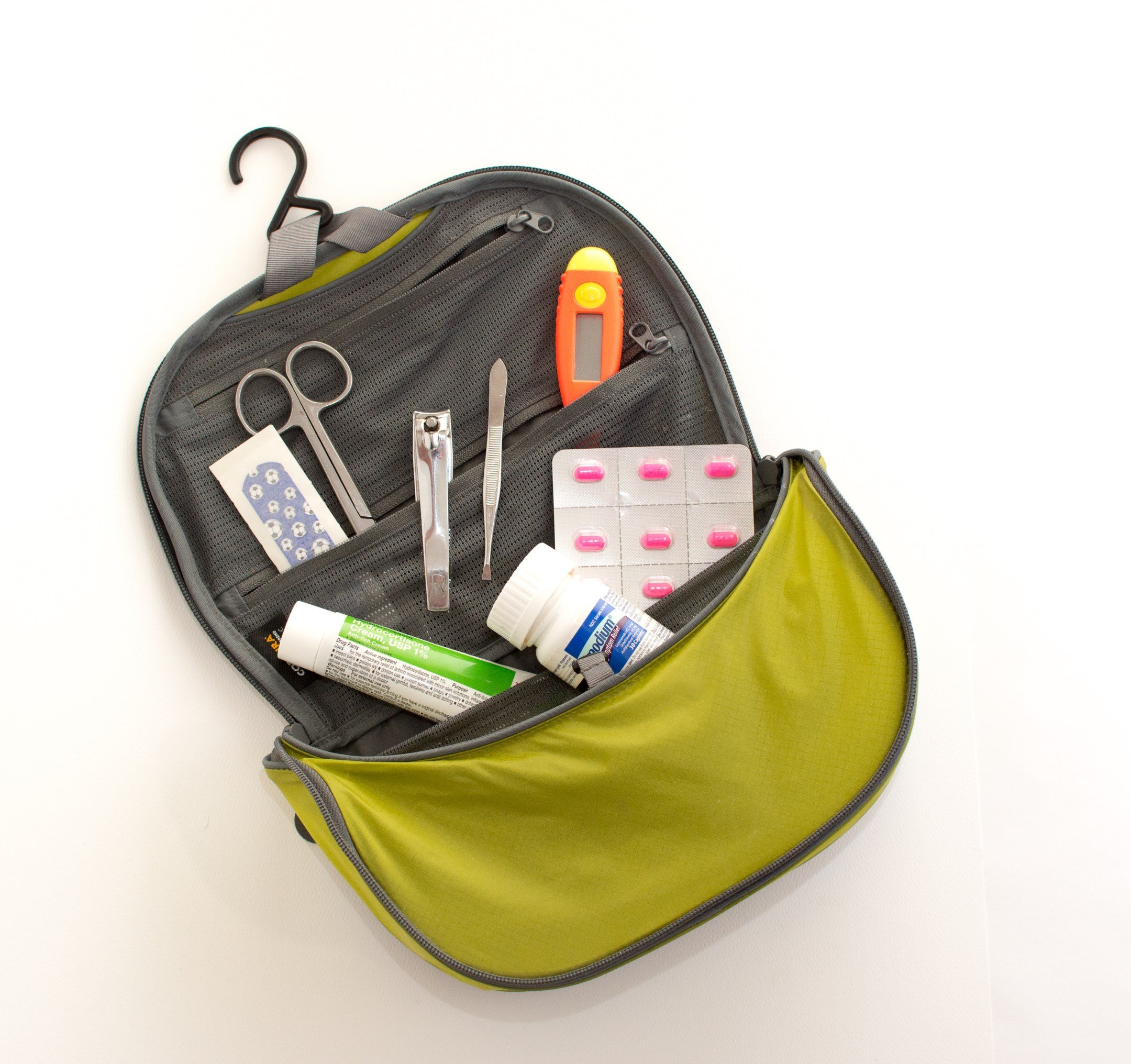How to Do Medical “Missions” Right
I didn’t always want to be a nurse. I got my first degree in Peace Studies because I was a sweet, white, American college student who wanted to save the world. Spoiler alert: It’s not that easy.
The summer after I graduated, I did the thing so many sweet, White, American college students do: I went to Africa to volunteer. I paid a hefty fee for a “voluntourism” company to set me up with a volunteer placement and a homestay in Nairobi, Kenya, and I ended up in charge of a primary school class - with zero teaching experience. I got a crash course in how little difference one American with no specialized skills can make. Like so many other volunteers with great intentions but no idea of the impact of their actions, I probably got way more out of the experience than I gave back. In fact, I found my future in Kenya.
During my last week in Nairobi, a European nonprofit showed up in the impoverished neighborhood where I was volunteering and set up a free clinic for three days. Residents came out of the woodwork. I saw wounds bandaged, infections treated, and a whole lot of teeth pulled. After I had struggled for weeks to feel like I was making any discernable difference at all, here were nurses literally changing people’s lives in the space of a day.
All I knew at the time was that I wanted to be a part of it. The dentists quickly put me to work sterilizing equipment since they couldn’t keep their tools clean as fast as they were pulling teeth. I loved it. I loved getting my hands dirty instead of sitting behind a desk. I loved meeting and talking to each individual patient. I loved feeling like I was doing something that actually mattered to someone right there and then. (Though medical missions like this, I would later learn, often do more long-term harm than good! More on that later.)
I went home and picked the quickest nursing program I could find. Two years to the day after I started my first nursing job, I quit and moved to Tanzania. I’d been saving up during those two years working in the hospital, and I found an organization that would set me and my husband (a schoolteacher) up with volunteer work.
Long-term volunteering in Tanzania was a crash course in the issues around voluntourism and medical missions.
A Word on Medical Missions
Before I go any further, I want to say a quick word on medical “missions”. It’s the terminology widely used to talk about any humanitarian medical service abroad (it's probably the term you googled to get here), so I use it – but the wording troubles me.
I can’t pretend not to notice that the term “mission” is pretty close to “missionary”. Does that make me, a nurse volunteering in Africa, a medical missionary? Because to me that sounds like someone who offers medical care while simultaneously spreading the gospel. In fact, I’m often asked “Oh, what church are you going with?” when I tell someone I’m going on a medical mission.
I respect the fact that some people are motivated to do this work by their religion. Indeed, I know inspiring people of all faiths who are doing amazing work all over the world. But I think it’s important to differentiate between an individual’s motivation and an organization’s goal.
I’m happy to serve alongside people of all beliefs to provide medical services to those who need it desperately, but I don’t think it’s ethical to promote any religion as part of that work. All kinds of issues crop up when a project becomes more “mission” than “medical” – for example, clinics in developing countries that are funded by Catholic charities and refuse to provide birth control or family planning education. This is especially problematic in nations where progress is being held back because half the population is preordained to spend their entire lives endlessly pregnant and raising children, regardless of what they might choose given the ability to do so.
Healthcare and religion are too frequently at odds, and I don’t want those conflicts to muddy the waters when I’m trying to care for my patients. So I want to be clear that that’s not what I do.
Rethinking the Ethics of Medical Missions
Since I stumbled on that first medical mission in Kenya, this profession has taken me on more adventures than I could have imagined. I’ve worn a hazmat suit to treat Ebola patients in Sierra Leone, delivered surprise twins in Haiti, climbed through the rubble of Kathmandu after the earthquake, and spent more days in makeshift clinics in remote villages than I can count. It has been a long journey measured not just in miles, but also in how I view my role in this work.
Over the years, I’ve become more critical of well-intentioned American volunteers coming to “save” developing countries. For example, that first medical mission I stumbled into in Kenya – I wonder how much we really accomplished. Did we help people during those three days? Absolutely, yes. But what happened after we left? Did we leave them with any long-term way of accessing healthcare? Did we help support the community's permanent clinic, which struggled with minimal supplies and had to charge its patients, but nonetheless was all that was available after the foreign volunteers went home? Or did we throw a bandage on a gaping wound, pat ourselves on the back, and leave this place in exactly the same position it was in when we arrived?
Is it possible we even made things worse? Perhaps we gave a hypertensive patient a few day's worth of meds, but due to the language barrier he didn't understand that he'd need to take them in perpetuity - so he thinks we cured him (and he likely wouldn't be able to afford to refill that prescription anyway). Maybe we undermined confidence in the local clinic by setting up a parallel health system - one that's not only free, but is staffed by white foreigners (locals usually assume we have more expertise, though that often isn't the case). Possibly some of those locals will decide to put off seeking medical care until the white doctors come back again - even if it's only once a year.
There aren’t always black and white answers to these questions, but it’s important to keep asking them (and while you're at it, here are few questions you should ask yourself before volunteering abroad).
The word "mission" sets us up to inherently feel like we are traveling on a selfless errand with divine backing to impart aid that will help everyone we touch. But in reality that's not the case; I can mess up just like anybody else. And as a very privileged white woman working in developing countries in an environment steeped in neocolonialism and white saviorism, I have a responsibility to think critically about how I can make a difference. I still am (and will always be) figuring out how to do this work best, but here are a few rules I try to follow:
How to do Medical Missions Ethically
Give as much you’re getting. Real talk: Nurses who work or volunteer in global health get a LOT out of it for ourselves. People are constantly telling me how wonderful and inspiring I am; I get to put this on my resume and seem like a combination of Mother Teresa and Dr. Quinn, Medicine Woman (who doesn't want to hire her?); I get to travel to new places and have incredible experiences. In return, I’d better do some research to make sure the program I’m volunteering with is making anywhere near that much of a positive impact on the community I’m serving. In many cases, that means medical volunteers should devote most of our time to training and mentoring local clinicians rather than providing hands-on care, so that we make a difference that lasts long after we’re gone.
Training fantastic local midwives in Mozambique
Move the spotlight off you, and onto the people you're working alongside. The nurses I’ve worked with in developing countries do impossible jobs for offensively low pay, and they’ve forgotten more than I’ll ever know about treating malaria, delivering a breech baby, and working with a corrupt Ministry of Health. They’re not helpless, and they’re not stupid. They’re just playing a game that is rigged against them. They also don’t get to go home to America at the end of their shift. In fact, when two of my coworkers caught Ebola in Sierra Leone, one of them got evacuated to America for intensive care at one of the world’s best hospitals, while the other stayed in West Africa and fought for his life in an old school building that had been converted into what could generously be called a clinic. The only difference between them? One was American, and one was Sierra Leonean.
Local nurses are the real heroes.
Be thoughtful about the stories you share. Yes, I've been to some of the most desperate places on earth - the largest slum in Africa; an Ebola unit watching a child die on the ground; a Haitian hospital helping women deliver their babies in horrific conditions. But is that the only story I could tell about these places? No. And I think the world has that angle covered. I’d rather tell stories about smart, skillful Sierra Leonean nurses and funny, compassionate Haitian midwives – stories that help people in the Western world see these places as more than just disaster and disease.
(I put together this ethical social media guide with tips!)
Ask, don’t tell. I try to start any mission by taking time to shadow, chat with, and listen to the local nurses. They’re the experts. They know what their community needs. Busting in like a bull in a china shop to disrupt everything they're doing and make them do it my way because it's "better" is a waste of everyone's time (it's also rude). Instead of telling them to stop, as I might have when I was a new nurse, I ask them WHY they're doing something a certain way, and really listen when they answer. This is one more reason why I'm not a missionary: I'm not here to convince them that my way is right and they should switch to it. I'm here to ask them what they need and how I can help them get it.
If you wouldn't do it at home, don't do it abroad. I’ve watched non-medical volunteers hang out in a labor and delivery ward and ogle Haitian women in labor under the guise of “helping”. I'm sure they went home with some great stories to tell, but those mothers were no better off for them being there. A life-threatening medical situation does not become an exhibition just because the mother is poor and Black. If that happened at my hospital in America, we'd call security. Are there extreme situations in which something is better than nothing, and bending this rule is acceptable? I think so. I've delivered babies when there was no doctor available (just as I would in the USA). THAT SAID: This doesn't give us an excuse to keep coming back and doing things we shouldn't be doing. It gives us a reason to help rectify the situation and work ourselves out of a job. There's no doctor to deliver babies at that refugee camp in Uganda? That doesn't mean you should start a pipeline of American L&D nurses to come volunteer. It means you should use that time and money to help get that community a permanent local midwife.
I became a nurse because I wanted to “save the world”. Instead, this job has given me the world. As is often the case, I feel like I’ve gotten so much more out of travel and volunteering than I’ll ever be able to fully repay. So every time I go abroad, I do my best to even those scales and do this work as ethically as possible.
















The honest answer - no details spared - for how medical professionals can find ETHICAL medical mission trip opportunities.